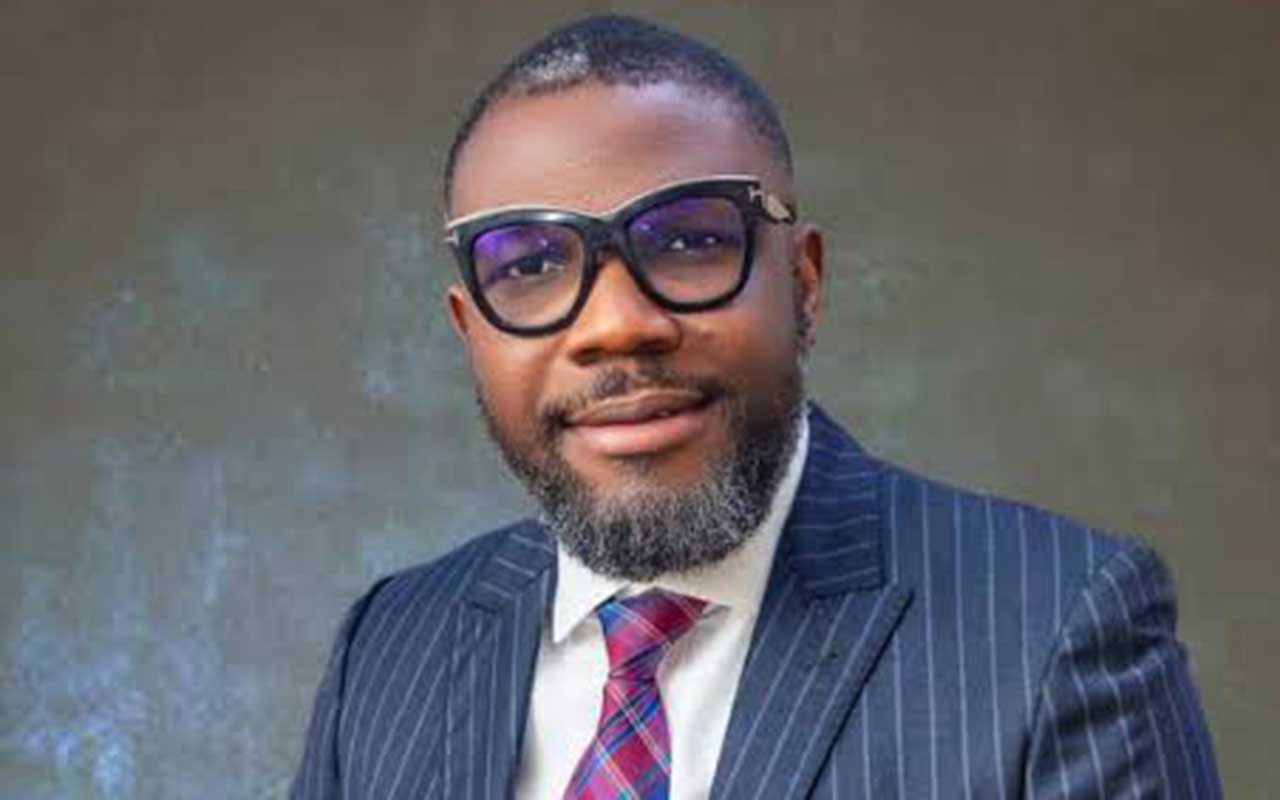
They should also automate the ship registry process, introduce tax incentives for imported vessels and invest in shipyards to unlock the full potential of the country’s maritime sector, estimated at $296 billion.
The indigenous shipowners urged the NNPCL and IOCs to streamline their tendering processes and facilitate longer contract durations of at least three to four years to provide stability and financial security for businesses seeking funding to acquire vessels.
Speaking with journalists on maritime sector reforms for 2025, the President of SOAN, Sonny Eja, lamented that tender cycles now take excessively long to complete, warning that unpredictable contract terms put shipowners at serious financial risk.
“Before now, once a tender was issued, it took a reasonable amount of time to finalise. But these days, it drags on for far too long. We need a shorter tendering cycle so businesses can plan effectively,” he said.
Eja also stressed the importance of long-term contracts, explaining that shipowners who secure funding to purchase vessels need at least three to four years of contract security to ensure repayment.
He warned that many shipowners face severe financial distress when contracts are abruptly suspended or terminated within a year of vessel acquisition, leaving some unable to recover.
Eja said while IOCs often claim the contract decisions are beyond their control, there is an urgent need for a regulatory framework that protects shipowners from breaches.
Eja also urged a complete overhaul of Nigeria’s ship registry, advocating for full automation to eliminate the need for physical visits.
According to him, automating the process would enable shipowners to submit applications, send documents remotely and process certifications seamlessly.
He further highlighted the rising operational costs for shipowners, driven mainly by exchange rate fluctuations. He called on the government to introduce tax incentives such as rebates and waivers on imported vessel spare parts to ease financial burdens.
However, Eja criticised the long-standing delays in disbursing the Cabotage Vessel Financing Fund (CVFF), which is meant to support indigenous shipowners.
He recommended adopting a structured disbursement approach similar to that of the Nigerian Content Development and Monitoring Board (NCDMB), which successfully allocated funds to local operators in the oil and gas sector.
“The Minister of Marine and Blue Economy should borrow a playbook from the NCDMB. Under the leadership of Simbi Wabote, they successfully disbursed an initial $200 million and later another $150 million in partnership with the Bank of Industry. The same structured approach should be applied to the CVFF, with clear guidelines and criteria on how shipowners can access the fund,” he stated.
He further proposed that part of the CVFF should be allocated toward developing shipyards and dry-docking facilities in Nigeria to reduce capital flight and strengthen the country’s maritime infrastructure.
Eja said that while the country does not have enough standard facilities, investing in shipyards would cut costs, create jobs, and boost the sector’s capacity.
“Shipowners play a crucial role in the crude oil value chain, from production to sales. Nigeria still relies on crude oil for 95 per cent of its revenue, so the government cannot afford to neglect the shipping sector,” he warned.






